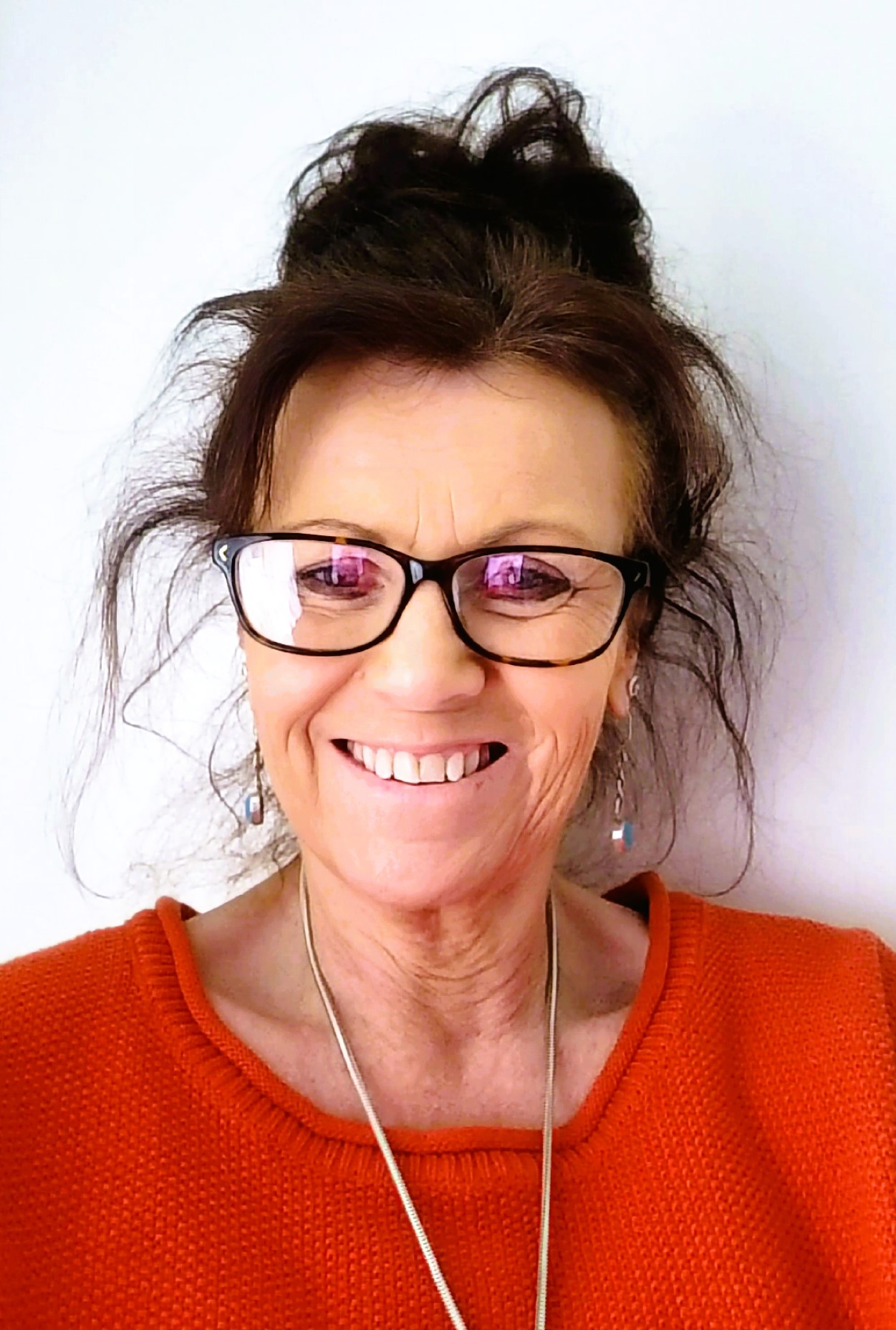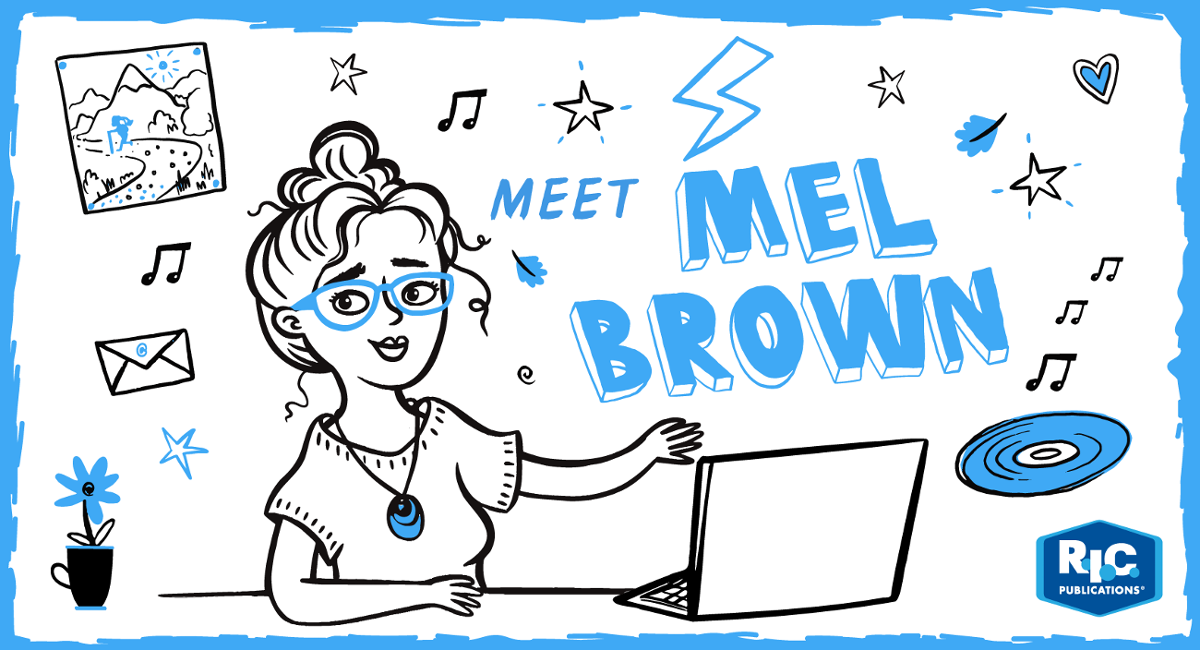- Sunday 02 July 2023
- 0 Comments
As educators, ensuring that our lessons reflect an accurate view of the world around us is an important part of the job. However, it’s fair to say that this is a big responsibility—and one an educator shouldn’t do alone.
So, how are educators supposed to build an accurate depiction of the world using only their own perspective? Well, using well-informed resources is how! Education advisors are crucial to our work here at R.I.C., they allow us to create resources offering valuable perspectives that reflect the real world, and better support educators across the country.
This is why it’s such a pleasure to work with our Aboriginal Education Advisor Mel Brown! Mel is an Aboriginal Nugunnawal woman from Canberra and the Director of Spirit Dreaming Australia, which provides a range of training and educational programs to promote greater understanding of First Nations Australians. With over 20 years of experience specialising in Aboriginal counselling, Mel is a key part of helping us achieve our goals.
We sat down with Mel to discuss why her job is so crucial and the common misconceptions she witnesses—you might be surprised.
Why is Mel’s role so important?
Mel has been working closely with us on relevant resources, providing strategic and cultural insight to support teachers in the classroom and the learning outcomes of students.
‘It is important for First Nations educators or advisors to approve content to ensure that it is accurate, assumptions are not made, and there is nothing offensive in the content,’ Mel says.
The latest series she has worked with us on is Australian Curriculum Science. This newly revised series features more accurate elements of First Nations Australia—including the recognition of First Nations Peoples as the first scientists—and encourages deeper understanding of histories and cultures.
‘Information regarding First Nations Peoples can often be confusing,’ Mel continues. ‘Whilst we don’t want assumptions to be made, sometimes content can be included which is unintentionally incorrect or offensive. An example of this is a common misconception about the Rainbow Serpent. The Rainbow Serpent is a well-known story, however, it is only recognised in some countries in the Northern Territory and South Australia.
‘Even as a First Nations Consultant, I have to be careful and vigilant to ensure the content I approve does not make assumptions for all First Nations Peoples. I need to be sure that when someone reads the content, it is either generic information or if it is specific to a country, that the country is referenced.’
Common misconceptions when talking about First Nations Peoples
Mel has seen a range of inaccuracies throughout her 20+ years of experience—and they may not be what you think. Even when a text has been written with good intentions, Mel often finds a range of detrimental misconceptions and inaccuracies.
‘The most common inaccuracy I find in First Nations educational material is the misconception that we are all the same,’ Mel says. ‘Often, people do not understand we have over 253 countries and more than 500 different language groups.’
Mel goes on to say, ‘First Nations Australia should be considered to be more like Europe. Each country has different languages and belief systems—and the people look different and play different sports, eating different foods and abiding by different laws. First Nations Peoples are unique and different in many ways, therefore when being referred to in educational material, unless the content is generic, the information needs to be referenced to the area and country from which the information is relevant.
‘The next inaccuracy is in the spelling of the words we use to call ourselves. The words First Nations, Aboriginal, and Torres Strait Islander should all be spelt with capital letters. And the word “Peoples” should be used when appropriate—for example, Aboriginal Peoples, First Nations Peoples, and so on.’
Gaining a better understanding of First Nations Peoples and their histories and cultures is a step our nation should be taking collectively.
There are dedicated periods throughout the year that acknowledge and celebrate First Nations histories and cultures, including NAIDOC Week 2023, which is celebrated on the first week of July (Sunday to Sunday) and runs through 2–9 July this year. The 2023 theme is ‘For Our Elders’, recognising those that have paved the way for the paths First Nations Peoples walk today and in the future. It is a time to recognise their strength, tenacity, and knowledge, and understand how their guidance shapes First Nations Peoples' place in the world today.
How can educators do their bit?
As we know, promoting a fairer and more accurate understanding of First Nations Australia is a vital part of the job. We have a responsibility to diversify our lessons and be inclusive of all perspectives. Using the correct language and doing accurate research can help you structure content in a more appropriate way—and our resources can support you in doing that.
‘To better work towards a fairer and more accurate understanding of First Nations Peoples, educators should invest their time understanding the country on which they are working and not make assumptions about what they think they know about First Nations Peoples,’ Mel says. ‘Even as an Aboriginal person and trainer, I never assume I know anything about another person’s country, because sometimes I have gotten it wrong, and it’s required a very humbling apology on my part.’
Making mistakes is a natural part of life. However, we can educate ourselves and our students on how to avoid harmful mistakes and how to ensure we do our best to avoid repeating them.
‘Educators should create relationships with the families they work with, make efforts to link with the local First Nations’ services, and ask questions,’ Mel goes on to say. ‘Most people are happy to answer questions as this also helps in building relationships and trust. Educators often wait for their organisations to do the relationship building in their communities; however, educators should take responsibility and create those relationships on their own. This can be as simple as just getting to know First Nations families who an educator provides direct education to.’
Mel strongly believes that we need to feel and have a connection to what we are learning to enable us to fully understand its impact. As educators, we see this in action in our classrooms.
‘The benefits of getting to know individual families are huge! If trust is established between educators and individual First Nations Peoples, then that family will tell others in the community, and the educator will gain a reputation of being someone they can trust and approach at times when they may need assistance and support.’
Needless to say, these connections are incredibly significant.
Let’s all learn together!
Showing empathy and understanding towards people from all walks of life—including First Nations Peoples—is an important lesson we, as educators, need to teach our students. Mel, and education advisors with a range of perspectives, are vital to our work at R.I.C.
Ensuring our content is correct, respectful, and informative is something we are dedicated to continuing, enabling us to make sure our resources remain effective and appropriate. So, how will you work towards a more just Australia in your classroom? We’d love to hear what your class is getting up to this NAIDOC Week and beyond.
Melinda Brown is an Aboriginal Ngunnawal woman from Canberra who now resides in the Northern Rivers Bundjalung Nation.
the Northern Rivers Bundjalung Nation.
She is the Director of Spirit Dreaming Australia, which specialises in training programs that promote a deeper understanding of First Nations Australians, and works alongside child protection in a number of ways.
Mel is a highly experienced and well sought after speaker, both nationally and internationally. She presents on a range of topics that relate to First Nations Peoples, including Family Group Conferencing, cultural competency, trauma informed care, and lateral violence.
Mel has received a number of awards, such as an ACT Public Service Award, for Best Services to Aboriginal Children and Young People, and has also been recognised as being one of the top three Aboriginal Business Women in NSW.
